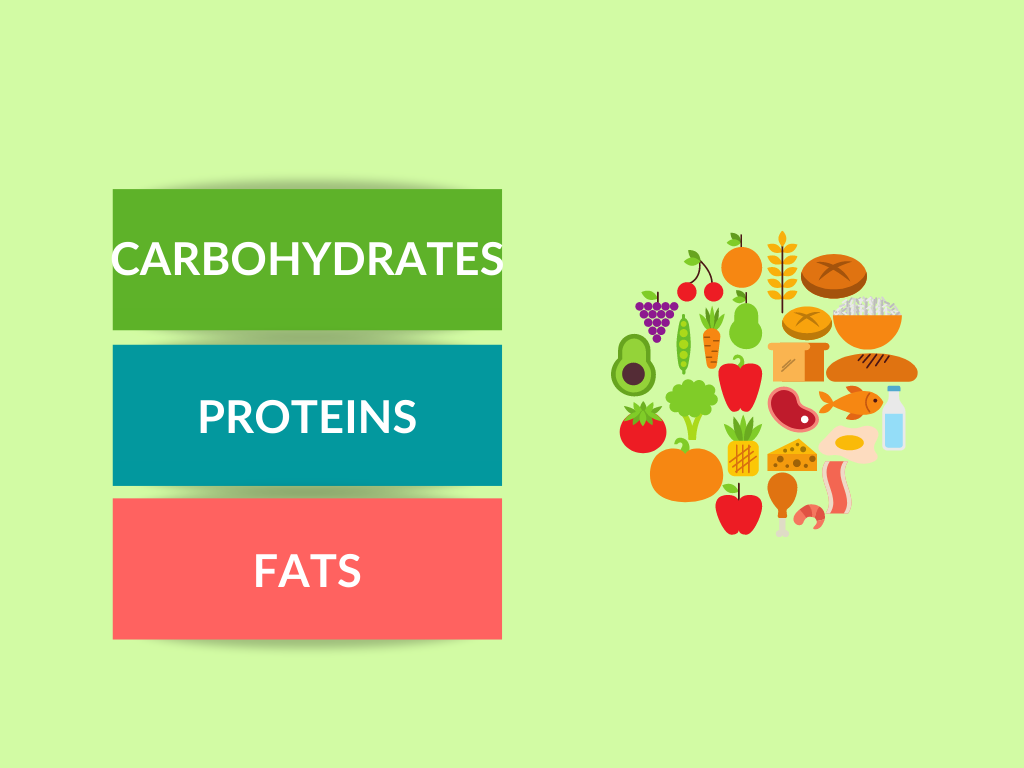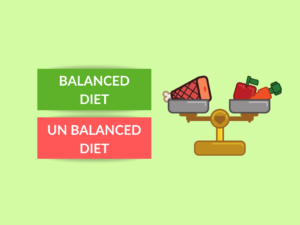Carbohydrates, proteins, and Fatty foods are called the “macronutrients.” carbohydrates help us to fuel our bodies, protein helps us to keep all our muscles and glands healthy, and Fatty foods help us for hormone production and a healthy nervous system.
What is the difference between carbohydrates, protein, and Fatty foods?
Carbohydrates comprise of sugars like table sugar or fruit sugar, starches like potatoes or bread, and also something called fiber. fiber helps us to maintain a healthy digestive system, to help slow down blood-sugar metabolism, and to keep our cholesterol levels normal.
Proteins include meats, legumes, nuts, seeds, and fish, other vegetables have some protein too. Each source of protein contains different amounts of fat and or carbs in addition to containing protein.
Fatty foods come from the oils in vegetables, nuts, seeds, and from the fat in animals. Fatty foods are needed in our diet for several reasons. Fatty foods help us feel satisfied or full, they are helpful with reducing inflammation and there are several studies out that have shown eating a good ratio of good fat will reduce your risk for several different disease states. Most animal fat is not very good for us, except for fish, so nuts, seeds, and vegetables are usually the best sources of healthy fatty foods. Choosing a lean animal protein is important to avoid the meats’ saturated fat content.
Differences between Carbohydrates, Proteins, and Fats:
| CARBOHYDRATES | PROTEINS | FATS |
|---|---|---|
| Carbohydrates help us to fuel our bodies. | Protein helps us to keep all our muscles and glands healthy. | Fats help us with hormone production and a healthy nervous system. |
| Building block for the muscle tissue. | Supplies energy to all body cells. | Considered as the energy source. (can be stored to use later.) |
| In every cell in the body. | Converts to building blocks of DNA and RNA. | Repair of Brain and other cells. |
| Involved in hormone and enzyme production. | Adequate levels help spare proteins by preventing conversion to glucose. | Hormone biosynthesis. |
| Building blocks of antibodies. | Involved in lipid(fat) Metabolism. | Helps Neurons to transmit signals through the brain and nervous system. |
| Examples: Salmon, Chicken, Lamb, Cheese, Eggs, Beans, Nuts and etc., | Examples: Whole grains, Leafy vegetables, Fruits, Starchy foods and etc., | Example: Mono and Poly saturated foods, Omega fatty acids, Peanut butter, Olive oil and etc., |
Conclusion
Carbs, fats, and proteins differ in too many ways. The biggest difference is the functions that they perform in our body and how much energy that they provide. All three are macro-nutrients and assist with weight loss. Carbs will provide energy to conduct hard training sessions, so you’ll be able to burn more calories in a day. Fatty foods provide more energy than any other macro-nutrients and are required in many bodily functions. Proteins help to maintain muscle mass that helps burn more calories per day.
Also, Read Differences Between Balanced Diet and Un-Balanced Diet.



